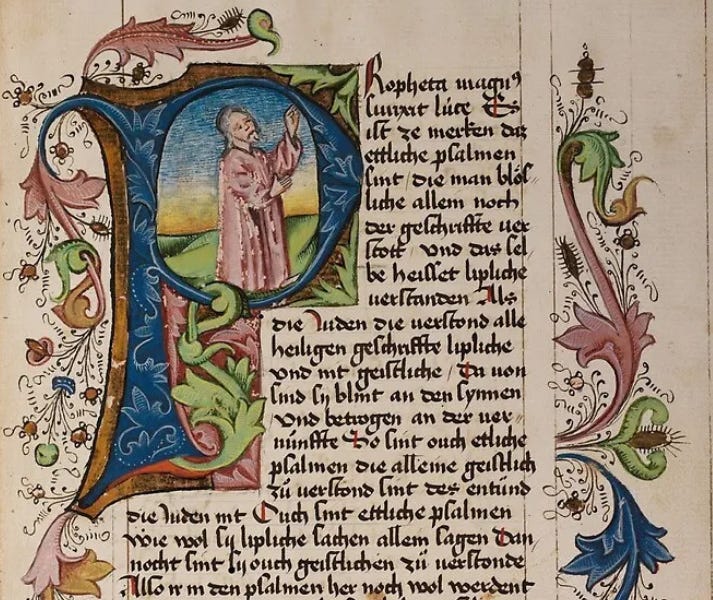There was a time, not long ago, when man stood upright, and so too did his words.
A proper noun was a fortress; a capital letter, an edifice. To write was to declare: I am. But now, in this modern era—an era of quiet surrenders, of half-spoken sentences and absent punctuation—we find ourselves slipping, letter by letter, into diminishment. The age of lowercase has arrived, and I cannot help but ask: is this not a sign of something darker?
We are told it is convenient, that capital letters are an excess, a flourish unnecessary in the digital age. They are cumbersome, it is said, like the heavy coats of our grandfathers, unsuited for the speed and efficiency of the modern mind. But I do not believe in such simple explanations. Man, after all, is never so straightforward as he appears. The things he abandons, he does not abandon without cause. And when he stops capitalizing his own name, I wonder—has he merely grown indifferent to formalities? Or does he secretly believe that he no longer deserves the distinction?
For there is something terribly meek about lowercase, something submissive in its quiet refusal to stand tall. A name uncapitalized is a name whispered, as though its owner does not wish to be noticed. In my time, a man would shout his name into the world, carve it into the walls of his prison cell, scrawl it in blood if need be, so that history might not erase him. But today, men shrink from history. They erase themselves preemptively, reducing their own significance before the world has the chance to do it for them.
And is it not fitting? What need has modern man for grandeur? He has abolished his old gods and, in their place, installed an indifferent universe where nothing is sacred—not even the shape of his own words. If he rejects capital letters, it is because he has already rejected capital Truth. A world where every sentence begins in lowercase is a world where nothing is truly begun, where all statements trail off into ellipses of uncertainty. It is the grammar of exhaustion, of resignation, of a humanity that no longer believes it has the right to emphasize itself.
Some will call this freedom, an escape from the tyranny of formality. But I have seen where such freedoms lead. First, they tell you that capital letters are unnecessary, that punctuation is an imposition. Next, they will tell you that meaning itself is an artifice, that all things are relative, that your soul—your suffering, your yearning—amounts to nothing more than a stylistic choice. And then, one day, you will look in the mirror and find that even your own reflection has softened, blurred, made lowercase in the eyes of a world that no longer cares to make distinctions.
I do not write this as a critic of language, nor as an enemy of progress. I write it as a man who has seen too much despair to ignore its quiet symptoms. There is something tragic in this retreat from capitalization, something symptomatic of a greater disease. We do not wish to stand tall because we no longer believe we are worth noticing. And perhaps, in the end, that is the greatest horror of all—not that the world has diminished us, but that we have chosen to diminish ourselves.
So I ask you, reader: when next you type your name, will you write it in full, as an assertion of self? Or will you let it shrink, let it kneel, let it disappear into the unmarked pages of history?
The choice, as always, is yours.




